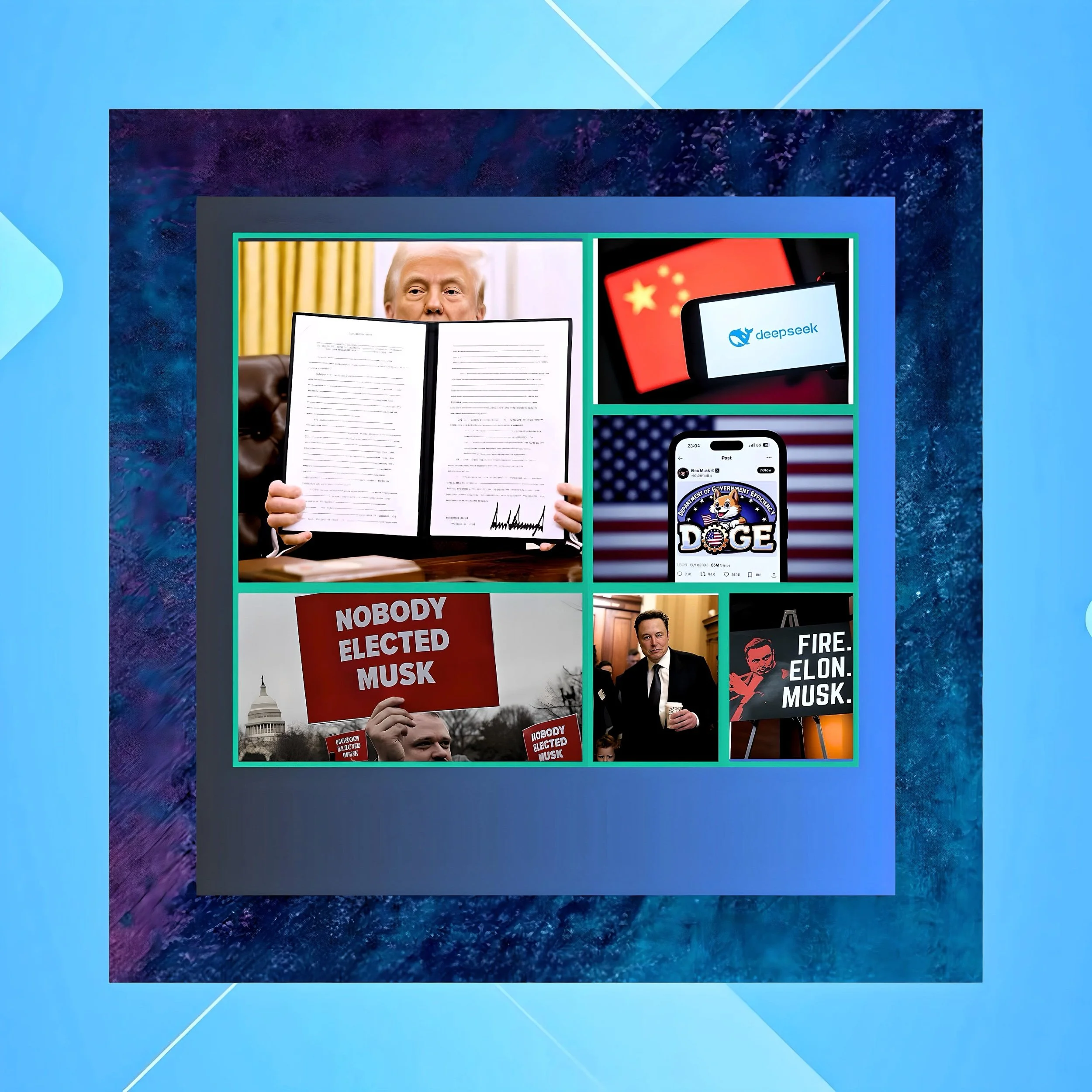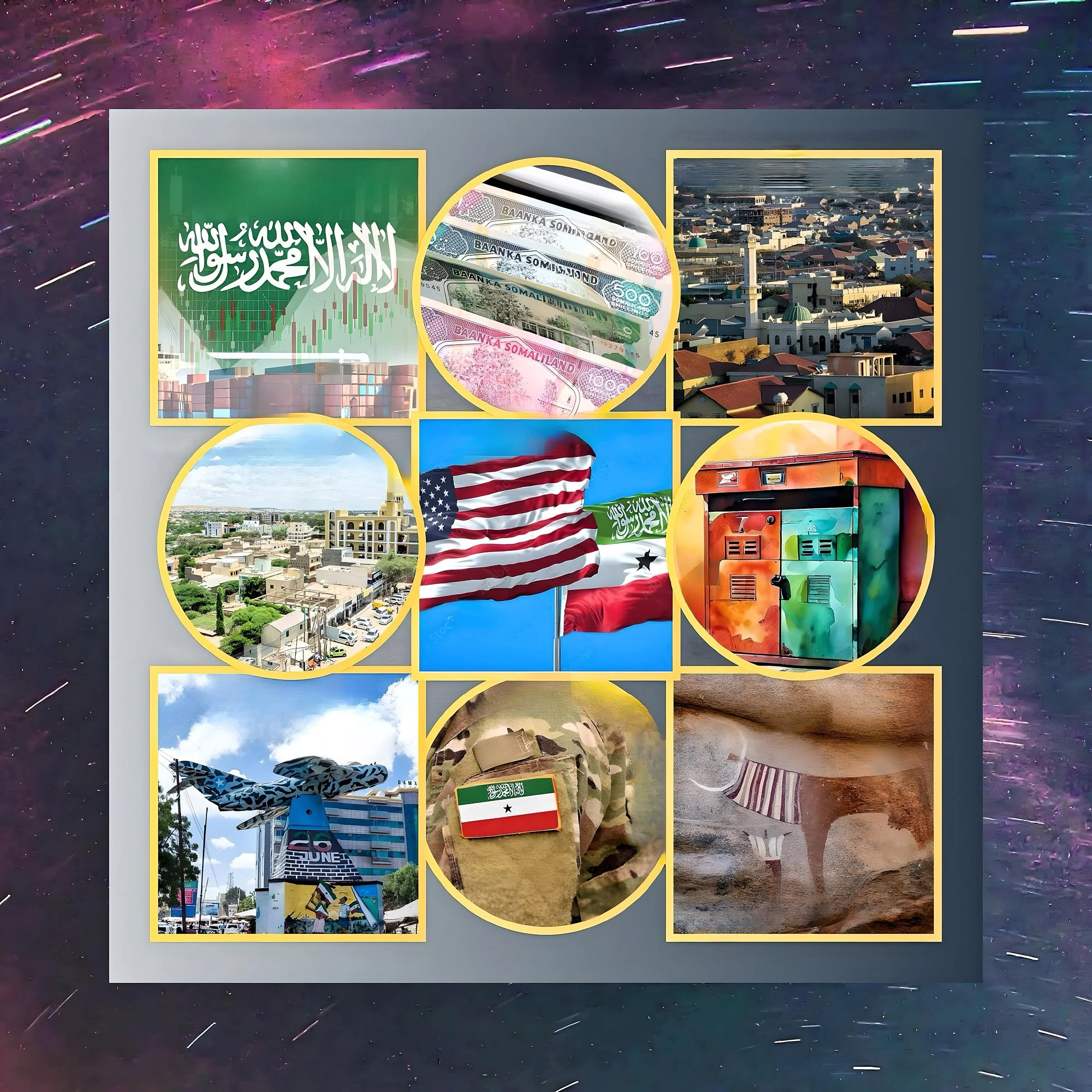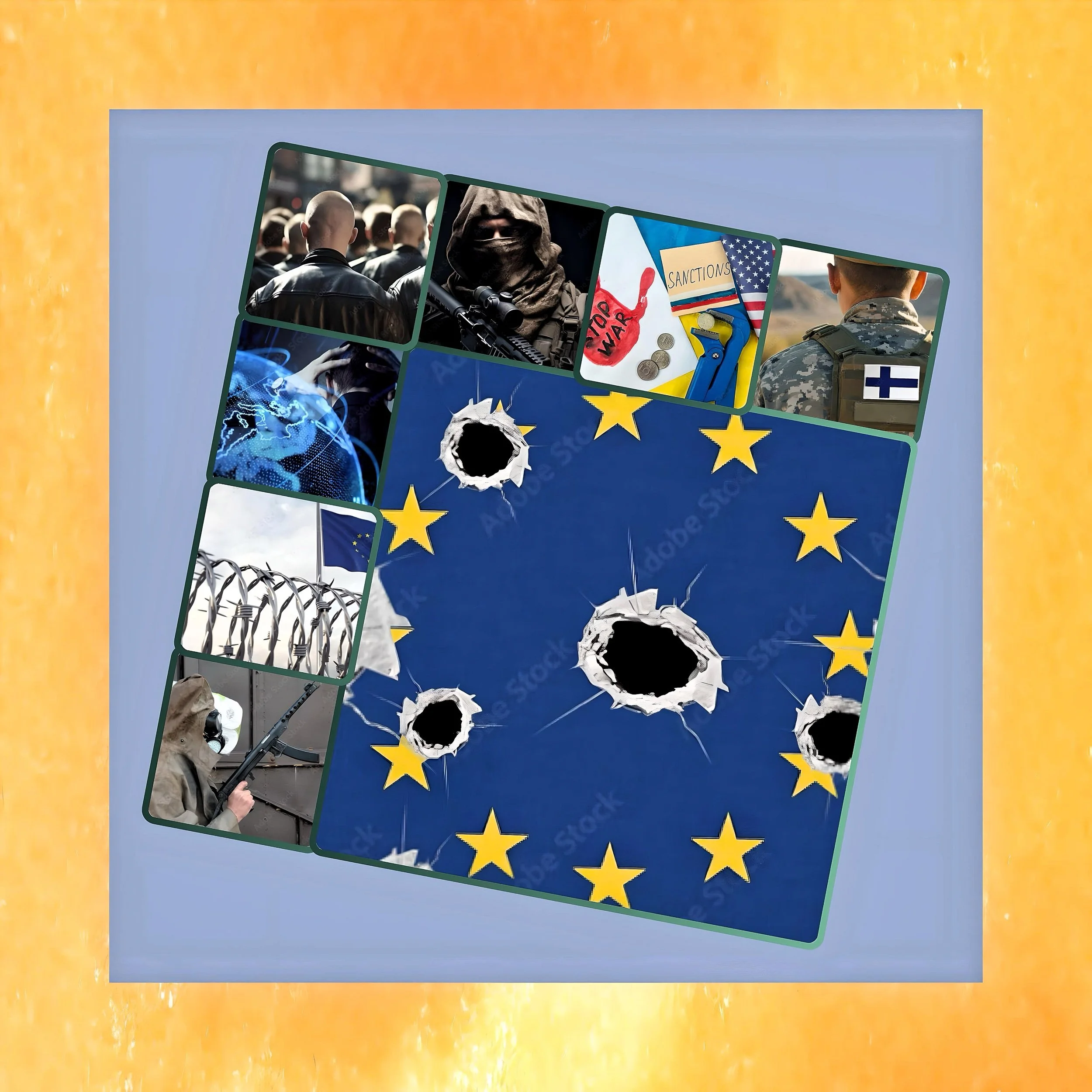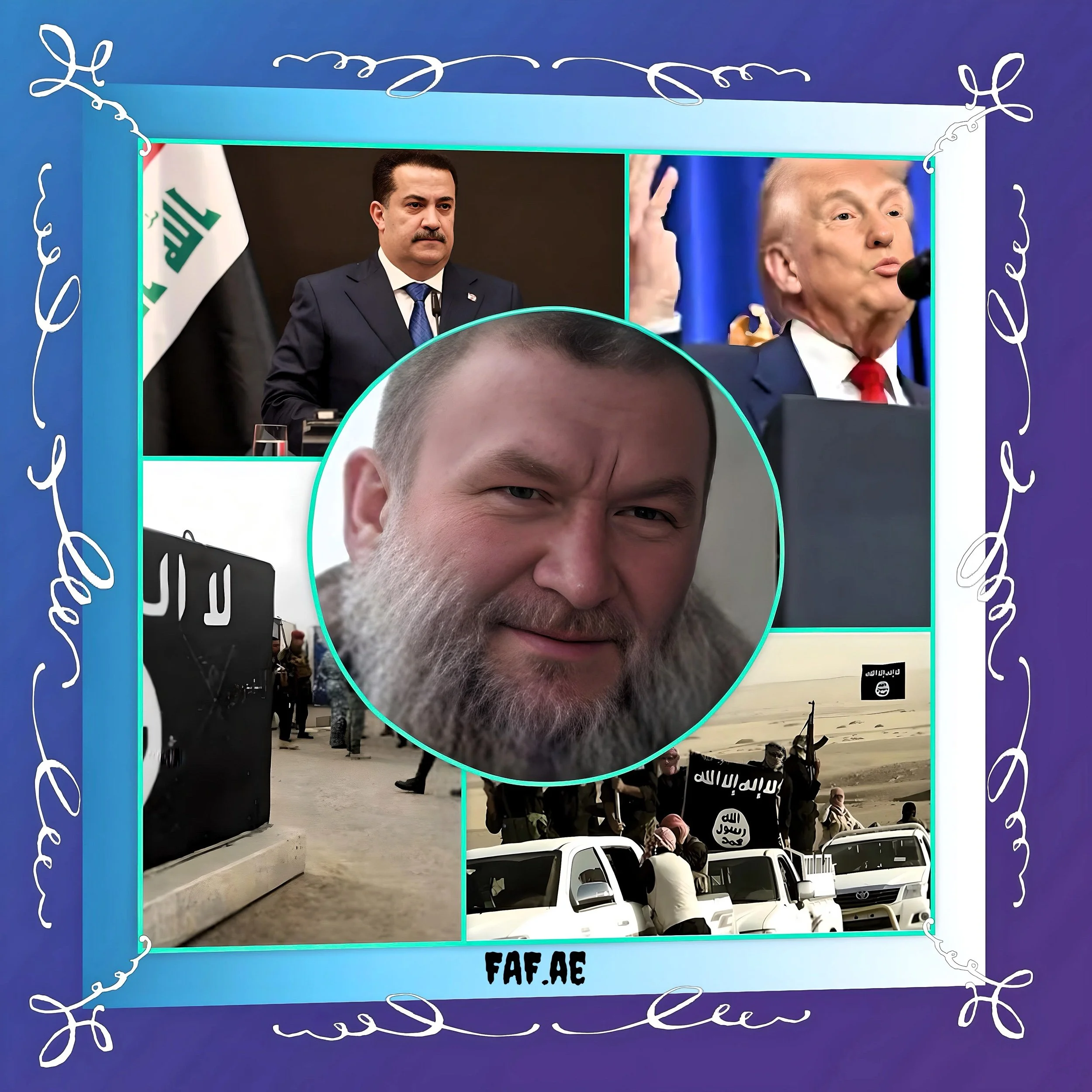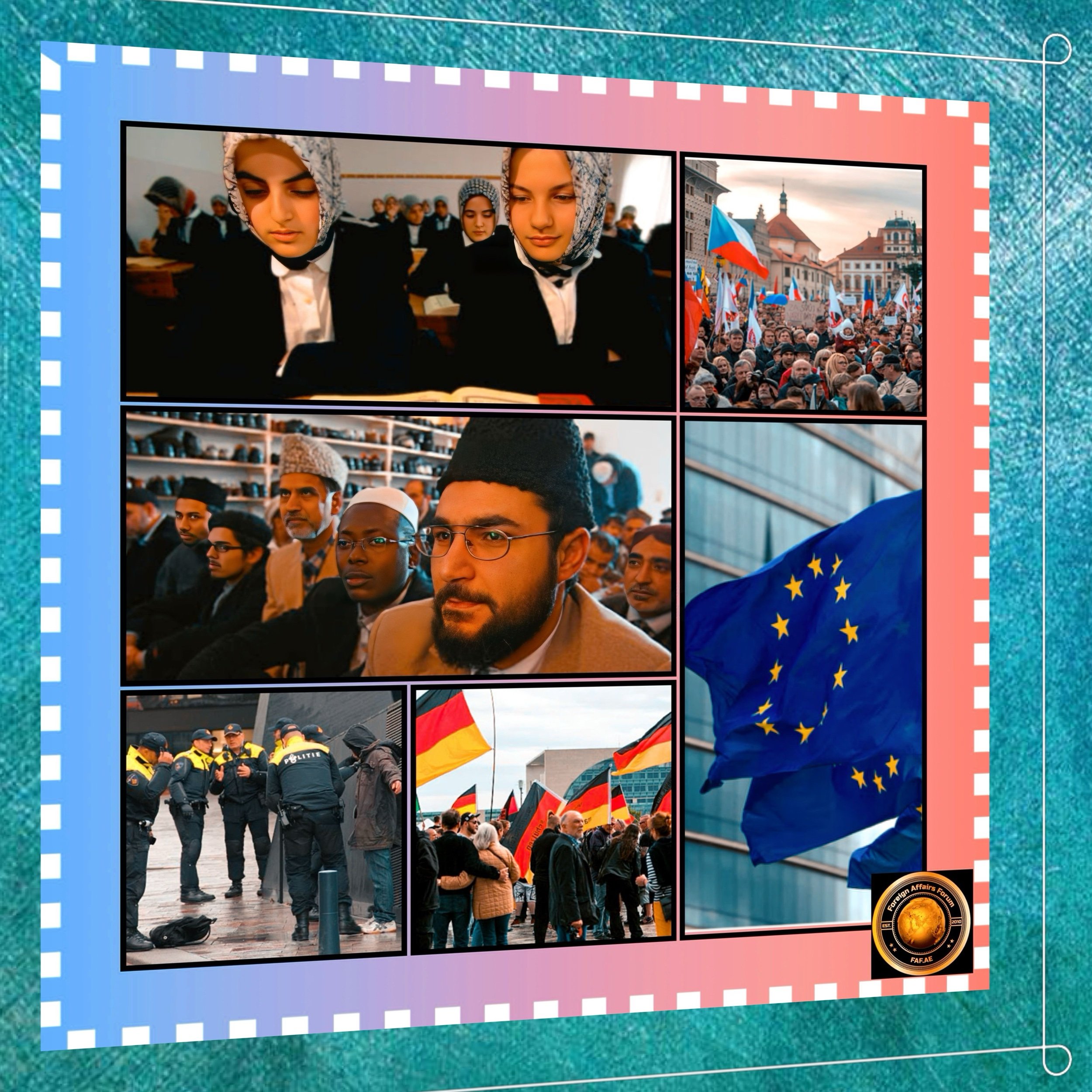Why did Salman Momika burn the Quran?
Introduction
Salwan Momika and the Quran Burnings: A Complex Nexus of Free Speech, Provocation, and Ideological Conflict
History
Salwan Momika, an Iraqi refugee who became a polarizing figure in Sweden, ignited global controversy through his public desecrations of the Quran in 2023. His actions spurred diplomatic crises, violent protests, and intense debates about the boundaries of free speech.
This article examines the multifaceted motivations behind Momika’s provocations, contextualizing his acts within his personal history, ideological convictions, and Sweden’s legal framework.
Momika Background and Asylum in Sweden
From Militia Leader to Swedish Refugee
Salwan Momika, born in 1986 in Iraq’s Nineveh Province, belonged to the Assyrian Christian minority. His early life was marked by involvement in Iraq’s sectarian conflicts.
He co-founded the Syriac Democratic Union and led the Falcons of the Syriac Forces, a Christian militia aligned with the Iran-backed Popular Mobilization Forces (PMF) during the fight against ISIS.
However, internal power struggles within the PMF, particularly with rival leader Rayan al-Kildani, forced Momika to flee Iraq in 2017.
After seeking asylum in Germany, he relocated to Sweden in 2018, where he was granted refugee status in 2021.
Momika’s disillusionment with Islamist groups in Iraq, including accusations of sectarian violence against Christians, shaped his anti-Islam stance.
His militia background and experiences of persecution likely fueled his later activism.
Ideological Motivations
Protest Against Islam and Advocacy for Secularism
Framing Quran Burnings as Political Critique
Momika consistently framed his Quran burnings as a critique of Islam’s perceived threat to democratic values.
During a 2023 protest outside Stockholm’s central mosque, he declared the Quran “should be banned globally because it endangers democracy, human rights, and women’s rights”.
He argued that desecrating the text exposed its “violent teachings” and challenged what he viewed as Islam’s incompatibility with modernity.
His actions coincided with strategic timing: burning the Quran on Eid al-Adha (June 28, 2023) and near embassies of Muslim-majority nations amplified their symbolic impact.
By pairing physical desecration with rhetoric against Iran’s Supreme Leader Ali Khamenei and Iraqi cleric Muqtada al-Sadr, Momika positioned himself as a dissident opposing both Islamist governance and religious authoritarianism.
Atheism and Rejection of Religious Dogma
Momika identified as an atheist, describing himself on social media as a “free thinker” committed to “enlightening” society. His rejection of religion stemmed from his upbringing in Iraq’s sectarian landscape, where he witnessed the PMF’s sectarian violence against minorities. In interviews, he contrasted Sweden’s secularism with Iraq’s blasphemy laws, framing his protests as a defense of Enlightenment values against “medieval” ideologies.
Legal and Financial Incentives: Exploiting Sweden’s Free Speech Protections
Navigating Sweden’s Legal Framework
Sweden’s constitutional protections for free speech and assembly enabled Momika’s protests.
Despite widespread condemnation, Swedish courts repeatedly upheld his right to demonstrate, citing precedent that book burnings—even of sacred texts—fall under permissible expression.
Police initially denied permits for his 2023 protests but were overruled by courts prioritizing free speech over public order concerns.
However, prosecutors later charged Momika under hate speech laws for “agitation against an ethnic group,” arguing that targeting a mosque and using anti-Muslim slurs crossed into incitement. This legal tension highlighted Sweden’s struggle to balance civil liberties with communal harmony.
Monetization and Social Media Strategy
Momika’s protests were intricately tied to social media engagement. He live-streamed his Quran burnings on TikTok and Facebook, garnering over 230,000 followers on X (formerly Twitter).
Donations during streams reportedly netted him up to 3,000 SEK (€250) per event, though he dismissed financial gain as a primary motive.
Critics accused him of leveraging outrage for clout, using hashtags in Arabic to maximize visibility in Muslim-majority countries.
Geopolitical Repercussions: Diplomatic Crises and Security Fallout
Strained Relations with Muslim-Majority Nations
Momika’s protests triggered immediate backlash. Iraq expelled Sweden’s ambassador, suspended Ericsson’s operating license, and saw protesters storm the Swedish Embassy in Baghdad.
Turkey, which had delayed Sweden’s NATO accession, cited the burnings as evidence of Stockholm’s tolerance for Islamophobia.
The Organization of Islamic Cooperation (OIC) and the Arab League condemned Sweden, while Iran’s Supreme Leader issued a fatwa calling for Momika’s death.
Impact on Sweden’s Domestic Security
The burnings intensified domestic security challenges. Sweden’s intelligence service (SÄPO) warned of heightened terrorism risks, linking Momika’s actions to a surge in ISIS recruitment rhetoric.
In October 2023, two Swedish nationals were killed in Brussels by an ISIS sympathizer citing revenge for the desecrations.
Prime Minister Ulf Kristersson acknowledged the nation faced its “most severe security crisis since World War II”.
Psychological and Sociological Dimensions: Provocation as Performance
Narcissism and Martyr Complex
Psychological analyses of Momika’s behavior suggest traits of narcissism and a martyr complex.
His defiant demeanor during protests—smirking at counter-protesters, donning sunglasses for broadcasts—reflected a calculated persona designed to provoke.
In a 2023 interview, he admitted craving attention, stating, “I knew burning the Quran would make me infamous, but history will vindicate me”.
Alienation and Identity Politics
As an Assyrian Christian in Muslim-majority Iraq, Momika experienced marginalization that deepened after fleeing to Sweden. His protests can be interpreted as an attempt to reclaim agency by attacking symbols of the ideology he blamed for his displacement.
Scholars note parallels with other ex-Muslim activists who weaponize sacrilege to assert secular identities.
Fate of Momika and his family
Salwan Sabah Matti Momika, an Iraqi refugee and controversial figure known for his Quran-burning protests in Sweden, met a violent end in 2025. His life and death have sparked international debates about free speech, immigration policies, and religious tensions. Momika’s trajectory from Iraq to Sweden, the circumstances surrounding his family’s fate, and the broader implications of his actions.
Despite extensive reporting on Momika’s activities, details about his immediate family remain scarce. Most sources focus on his personal trajectory, with no verified accounts of his family’s experiences during the ISIS occupation or afterward.
Claims that his “whole family was murdered by ISIS” appear in a Substack opinion piece but lack corroboration from primary sources or reputable news outlets.
This narrative, while plausible given the targeting of Christians by ISIS, cannot be confirmed through available evidence.
On 29 January 2025, Momika was shot dead in his Södertälje apartment during a TikTok livestream.
Five suspects were arrested, though all were later released due to insufficient evidence. The killing occurred hours before a court ruling on charges of “agitation against an ethnic group” related to his protests. Swedish Prime Minister Ulf Kristersson hinted at possible foreign involvement, prompting a security agency investigation.
Legacy and Controversies
Momika’s death polarized global discourse. Pro-government Turkish media celebrated his killing, with headlines like “Burn in Hell, Momika”. Conversely, free speech advocates criticized Sweden’s failure to protect him despite known threats. His actions—and their violent conclusion—highlighted the tensions between religious sensitivities and liberal values in Europe.
Conclusion
Salwan Momika’s life epitomized the complexities of displacement, radicalization, and cultural clash. While his personal fate—marked by militia involvement, asylum disputes, and assassination—is well-documented, the fate of his family in Iraq remains shrouded in uncertainty.
Claims of their massacre by ISIS, though unverified, reflect the broader tragedy of Iraq’s Christian communities during the ISIS era.
Momika’s story underscores the need for nuanced approaches to immigration, free speech, and counterextremism in an increasingly interconnected world.
As sad and horrific is Momika life story the sad part is he departed without a clear message ‘Islam and people who follow Islam are different. Islam teaches love, peace and tolerance.’ People who project to follow Islam ISIS and their allies follow a different self destructive ideology.
FAF additional insight
Reflections on Faith and Humanity
The Quran, like all holy books, has remained pure for centuries. It is humanity that seeks salvation and forgiveness. How can it help MAN to burn religious books? You decide.
It is crucial to recognize that groups such as ISIS, Al-Qaeda, and their affiliates do not represent the true followers of any religion if they endorse the killing of individuals from other religious minorities.
We must not forget the tragic genocides ( affirmed by UNHRC ) in places such as Gaza, Sinjar, Mosul, Somalia (Somaliland), among countless others.
May God grant peace to the souls of both the perpetrators and the victims.
No religion advocates for harm of any kind, even to the smallest of God's creations.
We dont take sides with nation and religion.


